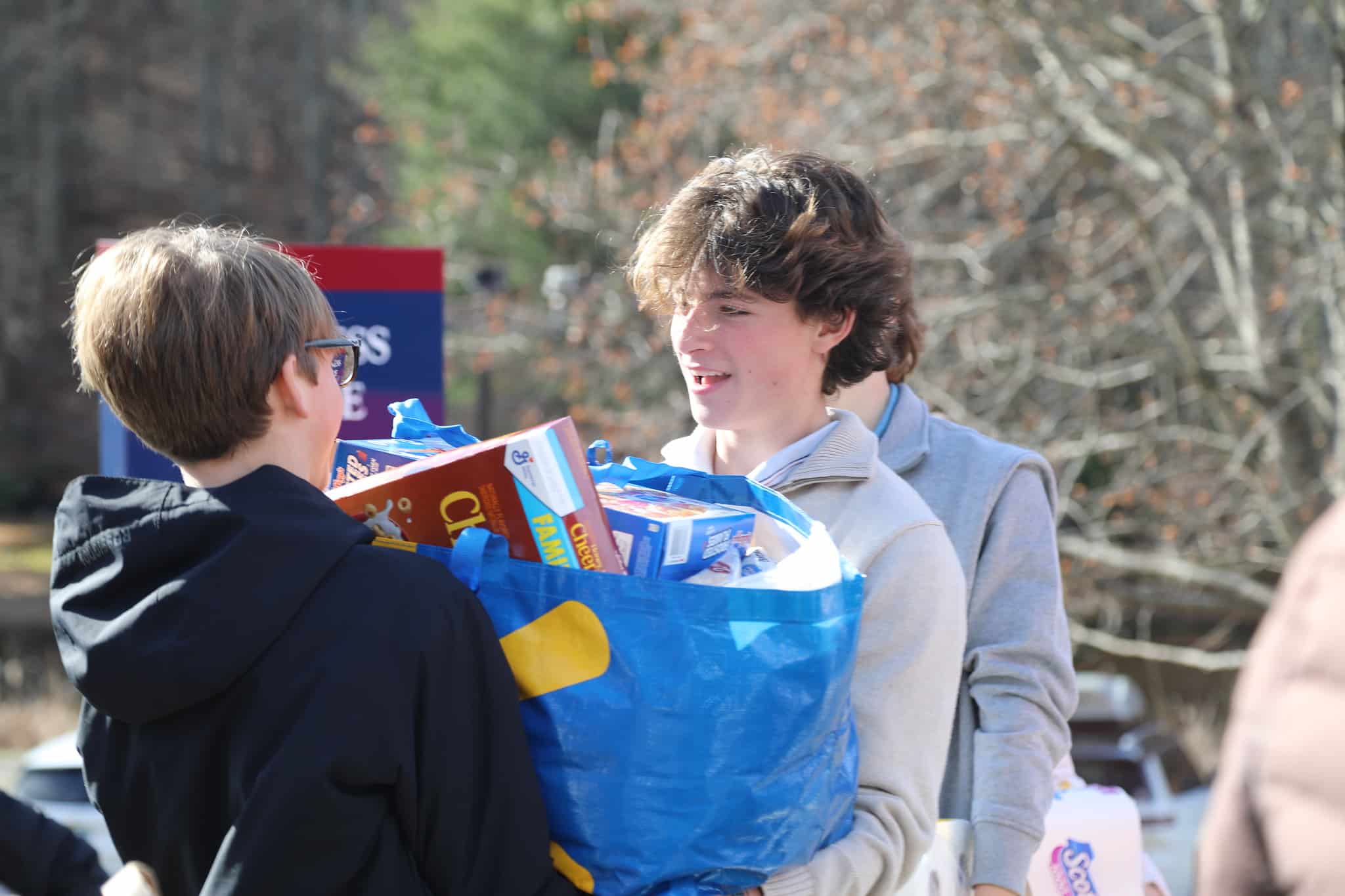
January 19, 2026

February 10, 2025

Can you tell us about your journey and what led you to become a teacher? What inspired you to pursue this career?
I grew up in New England boarding schools, with my father serving as the Head of Rectory School for 17 years. I began my career at The Fessenden School, a junior boarding school outside Boston, so coming to Rumsey feels like a full circle after years in various day schools. My parents, lifelong educators, profoundly inspired me. Their careers in New England boarding schools, along with childhood experiences like dinner table discussions, campus walks, and overheard phone calls with parents, shaped my values. Teaching was more than a job for them, and I share that perspective. Although I’ve held administrative leadership roles, I’ve always led with the spirit of a boarding school teacher.
How long have you been teaching at Rumsey Hall, and what drew you to this school specifically?
I’m beginning my fourth year at Rumsey Hall. I came to Rumsey in 2021 from New York City, so one of the things that drew me here was the natural environment surrounding the School, however, it was also a great opportunity to return to junior boarding school work. Boarding schools, and especially junior boarding schools, allow teachers like me to have a more expansive impact on the lives of students. We spend so much time with the students here at Rumsey, and this creates the potential for genuinely meaningful and lasting relationships. I find it much easier to teach character and values because I live where I teach.
What subjects/grades do you teach, and what do you enjoy most about teaching them?
I teach U.S. history to 7th and 8th-grade students, as well as ESL history to international students who are just learning English. Teaching middle school is particularly rewarding because students are beginning to tap into their abstract thinking skills. They start seeing the bigger picture and learning how to synthesize information. It’s exciting to watch them quickly develop the ability to follow and engage with a historical narrative.
How would you describe your teaching philosophy? How has it evolved over the years?
My teaching philosophy has evolved significantly. Early on, I focused on delivering content, but now my approach centers on helping students scaffold knowledge and develop higher-level thinking skills. I’m less at the center as an instructor and more attuned to where students are in their learning journey. Today, I create classroom environments where students think critically and independently, working across disciplines to synthesize information and create cohesive historical narratives. My goal is to equip them with the intellectual agility they need to navigate an ever-changing landscape.
Which sports do you coach, and what do you enjoy most about coaching student athletes?
I coach soccer, hockey, and lacrosse. What I appreciate most about coaching is the opportunity it provides to teach teamwork. The idea of setting goals and working together to achieve them is crucial to learn early on. While not every competitive team fosters this, many do, and it’s incredibly valuable when they do.
What do you enjoy doing outside of teaching? How do your hobbies or interests influence your work?
I exercise and take hikes with our dog, Maddie. The area is great for hiking and jogging, so I try to take advantage of that. I also try to read a lot in my spare time, particularly history. I enjoy reading about history and also about teaching because I’m always striving to learn more and improve as an educator. At this point in my career, it would be easy to start coasting, but I consciously avoid that by continuing my education, both formally and informally. Teaching requires flexibility and a willingness to adapt, so I push myself to stay open to change and step out of any comfort zones I’ve developed over the years.